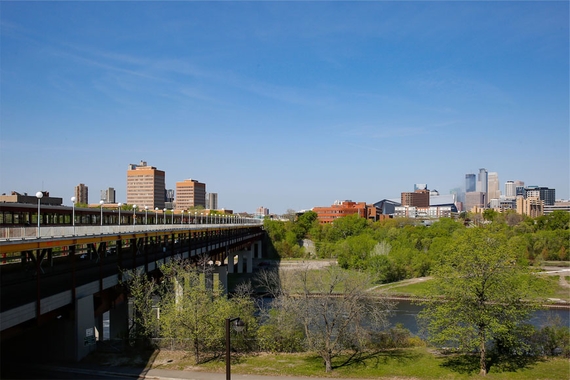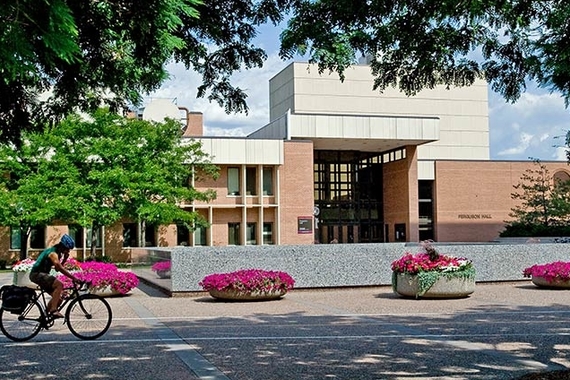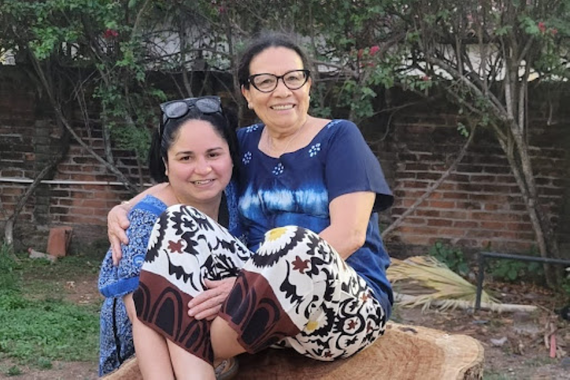Call for Applications
For students matriculating in Fall of 2024
As the scholarship on policing and carcerality continues to grow and generate a multitude of questions, the need to do this work in community becomes ever more apparent. As such, the History Department at the University of Minnesota invites applications to our graduate program for a thematic cohort centered on the histories of policing and carcerality to matriculate in the Fall of 2024. We define this theme broadly to include students with interests across geography and chronology, including all regions of the globe and early modern and pre-modern antecedents to modern law enforcement and the carceral state. We encourage applicants that can speak to the expanding historiography on ancient, medieval, and early modern forms of crime, investigation, and punishment. We also seek candidates that can think about how the concept of carcerality worked in settler colonial societies, colonial, and postcolonial societies and we welcome applicants interested in exploring carcerality in in relation to gender, class, ability, race/ethnicity, religion, etc.
This thematic cohort will compose roughly half of the incoming class, and therefore we also seek applicants
interested in any topic outside of the theme. While it is not necessary to apply under this theme, those who are
accepted into this particular cohort will benefit from the following:
- Students in this cohort will have the opportunity to participate in a Mellon Sawyer Seminar titled “Just Policing: Transnational Perspectives on the Definition and Possibility of Justice in Law Enforcement,” during the 2024-2025 academic year. In this seminar, leading scholars and community activists will give talks and serve as a springboard for us to collectively think about how to push the vibrant interdisciplinary field of carceral studies to be more transnational. We hope that with these histories we can be better equipped to think about the present and future. The second half of this seminar will examine current case studies and proposed solutions to the problems of policing. Can we imagine a form of law enforcement outside the histories of class conflict, enslavement, and imperialism? These questions lie at the root of contemporary debates over policing, and inform the form and content of our seminar.
- Students will have the opportunity to work with a growing cluster of faculty interested in varying aspects of policing and carcerality in the United States, Mexico and Central America, Africa, and Europe. Among our core faculty: Susanna Blumenthal offers law and graduate courses on Criminal Law, US Legal History, and Abolition and the Carceral State; Anna Clark, teaches the history of human rights and researches carcerality more generally in institutions such as workhouses and hospitals in the 19th century imperial context; Aaron Hall teaches courses on the history of American slavery; William Jones offers a graduate seminar on Race and Class in the U.S; Patrick McNamara teaches on the history of the Drug Wars in Latin America and works closely with asylum seekers often held in detention; Michelle Phelps, a collaborator on the Sawyer Seminar, offers a graduate course in Sociology on Race, Crime and Punishment; Joe Soss teaches courses on the politics of public affairs; Yalile Suriel teaches courses on the history of policing and surveillance as well as student activism. Other history faculty with related interests include Sarah Chambers in Latin American History, Katharine Gerbner in Early American History, Kevin Murphy in Public History, Helena Pohlandt-McCormick, in African history, Kathryn Reyerson in Medieval Europe.
- Students will have the chance to learn the field and brainstorm how to tackle its conceptual and methodological challenges within a community of folks working on it from an array of disciplines and perspectives. Furthermore, doing this work within the community of the University of Minnesota is particularly fitting given the worldwide attention focused on Minneapolis in the aftermath of George Floyd’s murder. Minneapolis is a place of vibrant activism and is currently at the very center of conversations around the topics of police reform and abolition. Much of this local organizing has been accompanied by a dedication to recording and archiving the work in academic and online archival spaces. Additionally, groups such as Minnesota Transform and additional collaborations between Suriel and archivist Ellen Holt-Werle under the initiative of ‘Universities and Power’ have served as spaces to think about the implications of all this organizing for universities, their security apparatus, and ultimately examine the role that universities can play going forward. These opportunities to conduct research, weigh in on the conversation, and contribute to dynamic collaborations are all ways that members of this thematic cohort can engage in the histories of policing and carcerality beyond the classroom.
We hope you will consider joining us. Potential applicants are encouraged to contact faculty in their geographic or chronological fields or the Director of Graduate Studies in the History Department, Professor Ajay Skaria.


